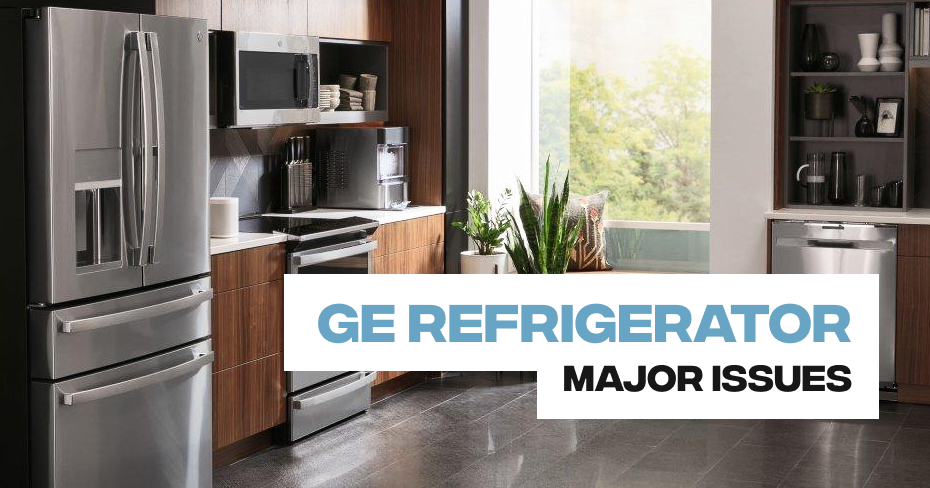
GE Refrigerator Condensation Inside
Unlike a person’s exercise routine that causes sweating, a GE refrigerator that’s sweating inside doesn’t mean it’s working too hard. It just means that too much humidity is causing condensation problems in the refrigerator’s interior. The solutions to this problem are typically easy to diagnose and correct.
Too much humidity in refrigerators is often caused by frequent door openings or by doors that don’t completely close. Each time you open a refrigerator door, the warm air or humidity from your kitchen enters the fridge. When this air meets the cool air inside the fridge, condensation can build up on interior walls or other refrigerator parts, such as the crisper drawers and shelves.
Uncovered Containers and Moist Foods
If you place uncovered containers of beverages or food in your refrigerator, the moisture in these items can transfer to the air in the fridge and cause too much humidity in the refrigerator. Seal or cover containers that contain liquids or food to mitigate moisture problems.
Powered-Up GE Refrigerator is Sweating Inside
When a GE refrigerator is powered up after it’s been shut down, such as during a new installation or a move to a new location, condensation may initially form on its interior. This is perfectly normal according to the experts at GE. The condensation should dissipate after 24 hours or after the refrigerator stabilizes at room temperature.